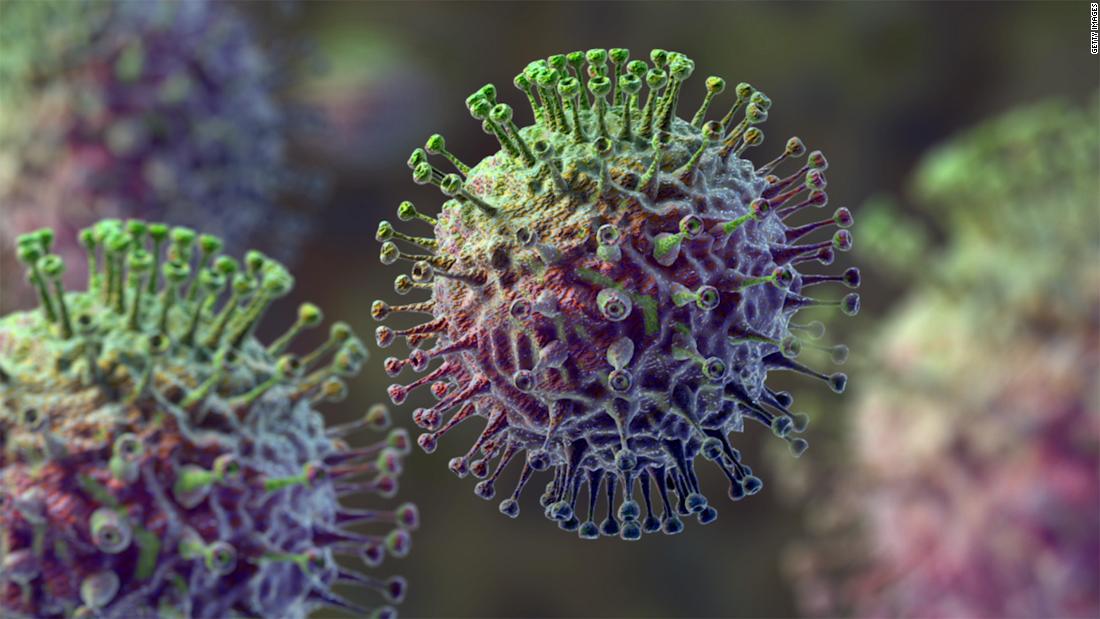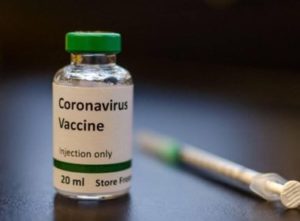Knowing isn’t doing
| The ebb and flow of coronavirus cases over the last year has obscured a basic truth: We know a lot about how to control the virus’s spread. |
| Mask-wearing makes a big difference. So does limiting indoor gatherings. In particular, closing indoor restaurants, bars and gyms has reduced the virus’s spread in many places. |
| Arizona is an excellent example. Its governor, Doug Ducey, a Republican, resisted taking aggressive action for weeks. But in late June, he closed bars, movie theaters and gyms and banned gatherings of 50 people or more. The rules began to lift in August. |
| Look at what happened to the virus in Arizona while the restrictions were in place — and what happened afterward: |
|
|
||
| Other states had similar success over the summer, and it’s worth emphasizing that their actions often fell well short of a full lockdown. “Unfortunately, the debate has sometimes devolved into these two camps — you’re either pro-lockdown or ‘let ’er rip,’” Jennifer Nuzzo, a Johns Hopkins University epidemiologist, told me. “There is a lot of real estate between those two positions.” |
| Over the past week, with the number of U.S. infections setting records every day, many states have begun announcing new restrictions. But they often fall short of what experts say is needed. Two examples are Ohio and New Jersey, which are allowing bars to serve indoors until 10 p.m. Another example is Arizona, where restaurants and many bars remain open even as cases have surged again. |
| (A new Times analysis finds that the surge is worst in states where leaders failed to maintain strong containment efforts.) |
| The most common recommendations I’ve heard from epidemiologists are: Political leaders should deliver clear, repeated messages about the effectiveness of masks. Some indoor activities can continue so long as people are masked. But the spread is now rapid enough in many states that bars, restaurants and other cramped indoor spaces should close temporarily. |
| Experts also say that political leaders should discourage people from participating in big Thanksgiving gatherings. Otherwise, says Donald G. McNeil Jr., a Times science reporter, “we will be doing as a nation what the South did on Memorial Day weekend: opening ourselves up to holiday travel at a time when cases are rising.” |
| My colleague Jonathan Wolfe interviewed Dr. Anthony Fauci, the country’s top infectious disease specialist, yesterday, and he predicted that the coming months would be brutal. “December, January and early February are going to be terribly painful months,” Fauci said. |
| Jonathan replied that Fauci seemed not to have much faith that Americans were going to change their behavior in the next few months. “I don’t think they are,” Fauci said. “I don’t think they are.” |
Alex
Koordynator projektu
0




